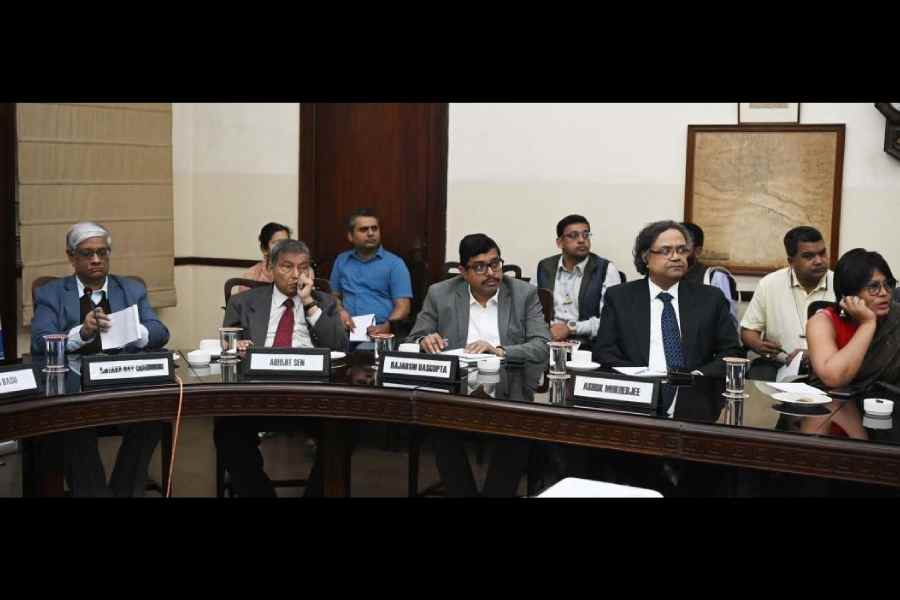At a time growth in agriculture has slipped to 1.8 per cent, and a recent study by the Organisation for Economic Cooperation and Development (OECD), the richest trading block, has shown that Indian farmers have been continuously suffering losses for the past 20 years, it was expected the finance minister will at least boost the confidence of the farming community by at least doubling the annual entitlement under the PM-Kisan scheme.
Given that rural wages have been in the negative or remained static in the past 10 years, and export restriction and bans in 2022-23 had considerably impacted farm incomes, the interim budget could have provided succour to farmers. But it didn’t happen. Farmers were left high and dry.
More so, considering the ministry of agriculture and farmers welfare has recently returned an unutilised amount of Rs 1 lakh crore from the budgetary allocations made in the past five years. This amount could have easily taken care of the additional allocations required to double the entitlement to Rs 12,000 per year per farmer. The finance minister did say 11.8 crore farmers are provided with direct income support under the scheme.
While listing the achievements in agriculture and allied sectors, the finance minister said a strategy is being formulated to become atmanirbhar in oilseeds. This is important given that India now imports more than 16 million tonnes of edible oil and has in recent years become the 2nd biggest importer.
She said the move towards self-sufficiency will involve high-yielding varieties, procurement, value addition and market linkages. Although India is bestowed by nine traditional oilseed crops, the Niti Aayog had earlier projected 43 per cent of the edible oil requirement being met from palm oil. A National Mission for Edible Oils – Oil Palm for this purpose was launched in 2021-22.
Although the introduction of nano urea has not been received well by farmers, the finance minister announced that soon nano DAP (di-ammonium phosphate) will also be launched.
Regarding the introduction of nutritional millets, the finance minister said the Indian Institute of Millets Research (IIMR) will be converted into a Centre for Excellence by the government.
Fisheries and dairy farming will receive impetus. She announced programmes being developed to increase productivity and job creation in fisheries. The finance minister said India is the largest producer of milk in the world but has low milk productivity.
Drawing from the success of Rashtriya Gokul Mission and National Livestock Mission, a comprehensive programme to help dairy farmers will be launched.
Speaking about women empowerment, the finance minister said that the success of the self-help groups (SHGs) movement has rendered close to 1 crore lakhpati didis, which literally means women earning at least Rs 1 lakh per year. Over the years, SHGs have turned into a major economic enterprise for women in the rural areas.
Travelling through Andhra Pradesh recently, it was amazing to see how the SHG movement linked to natural farming has turned the State to emerge as the world’s biggest model for agro-ecology.
Although a target of 3-crore lakhpati didis is now proposed, the SHG movement now needs to spread to the northwestern parts of the country. Punjab, Haryana and Uttar Pradesh need an economic transformation of the rural workforce.
The interim budget presentation in reality reflected the confidence of the ruling party. It hopes to return to power and promised to present the next budget with focus on a Vikshit Bharat.
Devinder Sharma is an agricultural specialist











